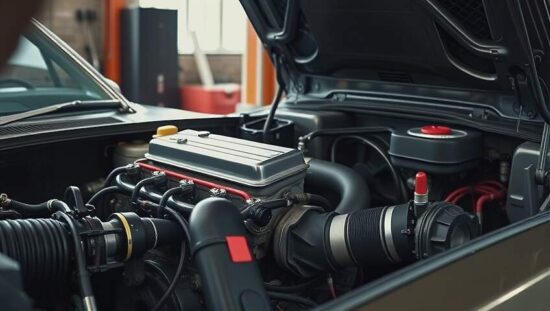A coalition of German state leaders is mounting a coordinated challenge to the European Union’s planned ban on internal combustion engine vehicles after 2035, advocating for a more flexible approach incorporating synthetic fuels and range-extender technology. A draft resolution, leaked to “Politico”, reveals a growing unease among regional governments regarding the strictness of the EU’s electric vehicle mandate and its potential ramifications for Germany’s automotive industry.
The document underscores a commitment to electrification but insists on the necessity of “an appropriate consideration and promotion of alternative climate-friendly propulsion concepts and supplementary transition technologies, such as ‘E-Fuel-Only’ vehicles”. This move signals an attempt to circumvent the 2035 deadline, arguing that a rigid ban risks jeopardizing the competitiveness of German automakers and ultimately hindering the widespread adoption of electric vehicles.
State leaders are calling on the EU Commission to establish a more “realistic framework” that allows for the continued use of vehicles powered by synthetic fuels – often dubbed “E-Fuels” – which are produced using renewable energy sources. The resolution proposes offsetting the higher CO2 emissions associated with these fuels through increased quotas of low-carbon alternatives. Critics argue this could be a thinly veiled attempt to prolong the lifespan of traditional gasoline engines, potentially undermining the EU’s broader climate goals.
The pushback extends beyond fuel technology. The states are also demanding that the federal government aggressively lobby for a reduction in US tariffs on European goods. The current 15% tariff, considered a significant burden on numerous European companies, is deemed unsustainable within the framework of the EU’s trade relationship with the United States. The resolution frames this campaign as essential for preserving the attractiveness of the European single market and ensuring a level playing field for German businesses. Furthermore, officials are urging Berlin and Brussels to secure a “balanced steel and aluminum agreement” that guarantees Europe a sufficient import quota.
This coordinated effort underlines a growing political divide within Germany regarding the transition to electric vehicles and highlights the powerful lobbying efforts within the automotive sector to influence EU policy. The federal government is now facing pressure to reconcile ambitious climate targets with the economic realities faced by its vital automotive industry, while simultaneously navigating complex trade negotiations with the United States.





